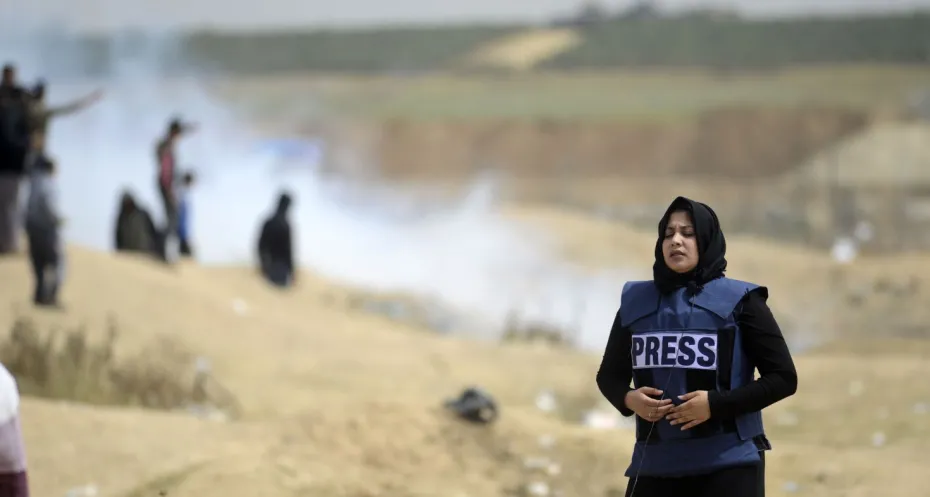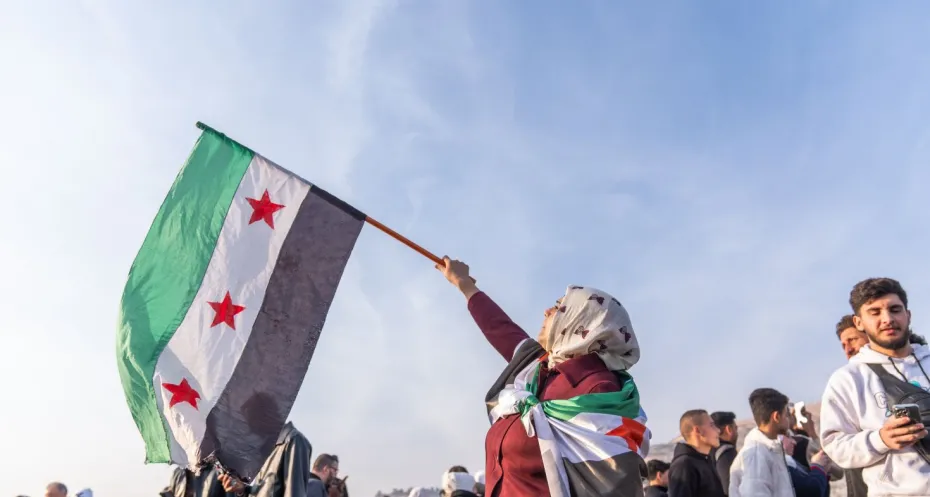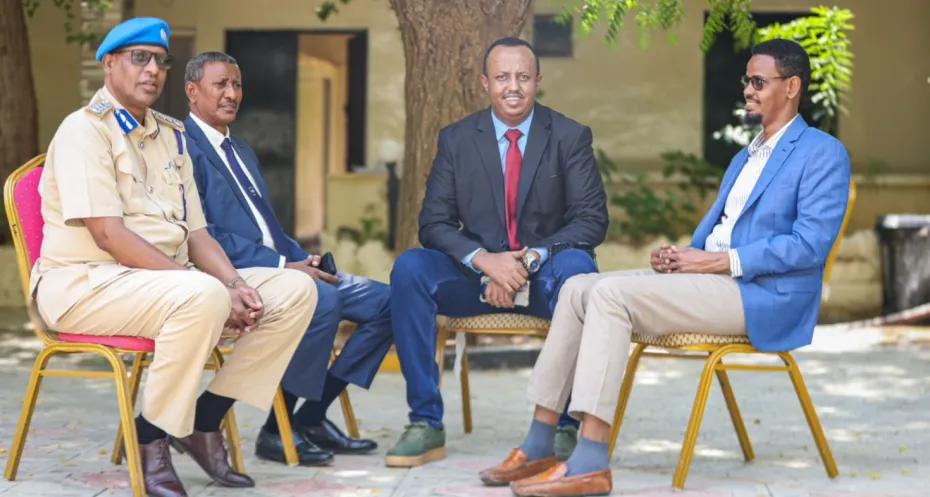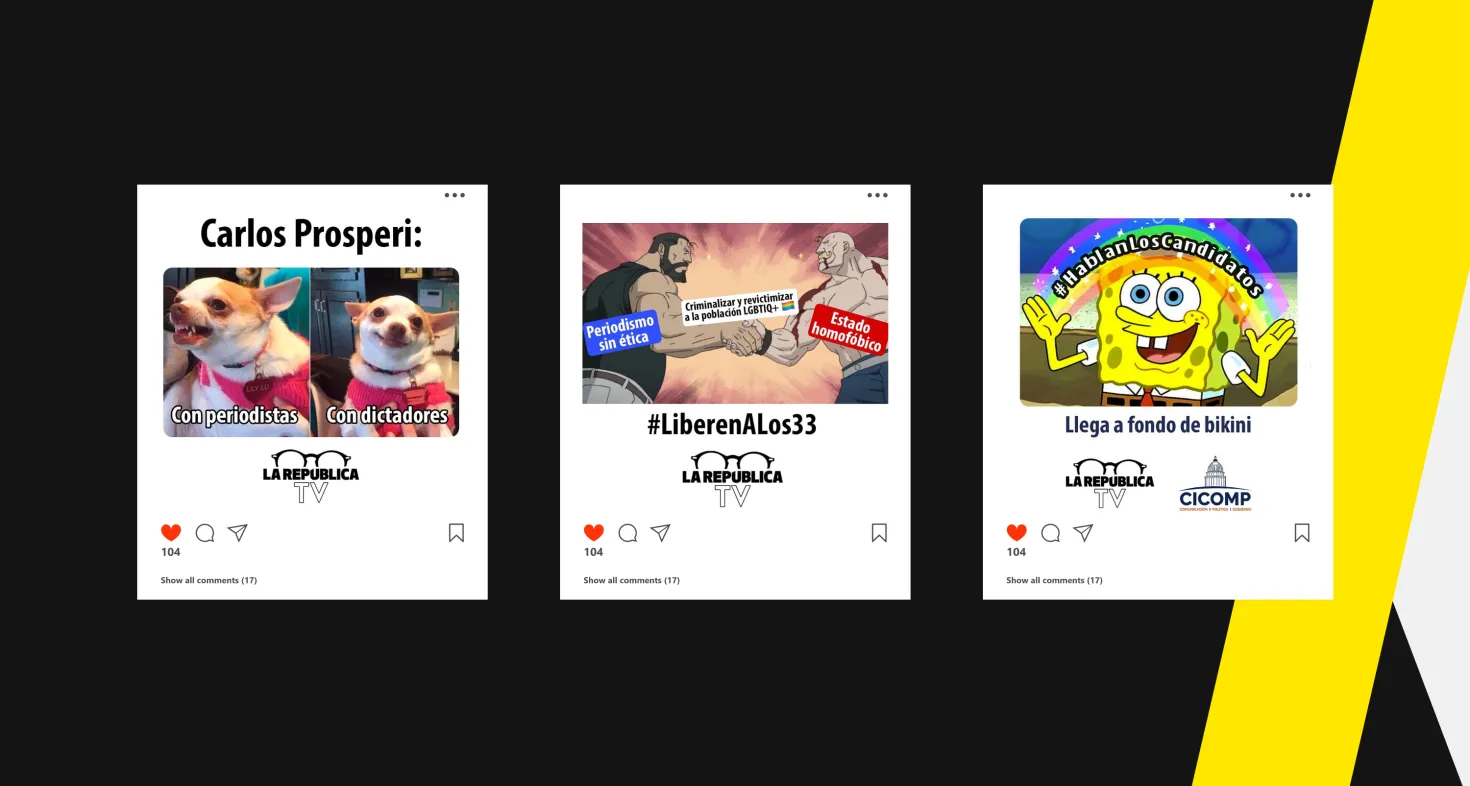
Engaging young Venezuelans in politics through memes
When the pandemic struck Venezuela in 2020, the government used the lockdown to bring censorship to new highs. Journalists were denied to walk the streets and report on current events, threatening the public’s access to information. It was then that Ayrton Monsalve had the idea to inform the younger generation through new creative formats, and started La Republica TV.
“Some adults say that young people in Venezuela neglect their responsibility to participate in society. That they are disinterested and just don’t want to. But that’s not true. You just need to speak their language,” Ayrton Monsalve tells us through a zoom call.
He leads La Republica TV, which now has 13 coordinators in 13 states throughout Venezuela. A great accomplishment for something that just started with an Instagram account three years ago. It is clear that the message resonates.
Sparking interest through memes
Ayrton explains: “The participation of young people in Venezuela in politics is very low. The economic situation demands people to work many hours per day. For that reason, young people can’t study at university, either because it is too time consuming and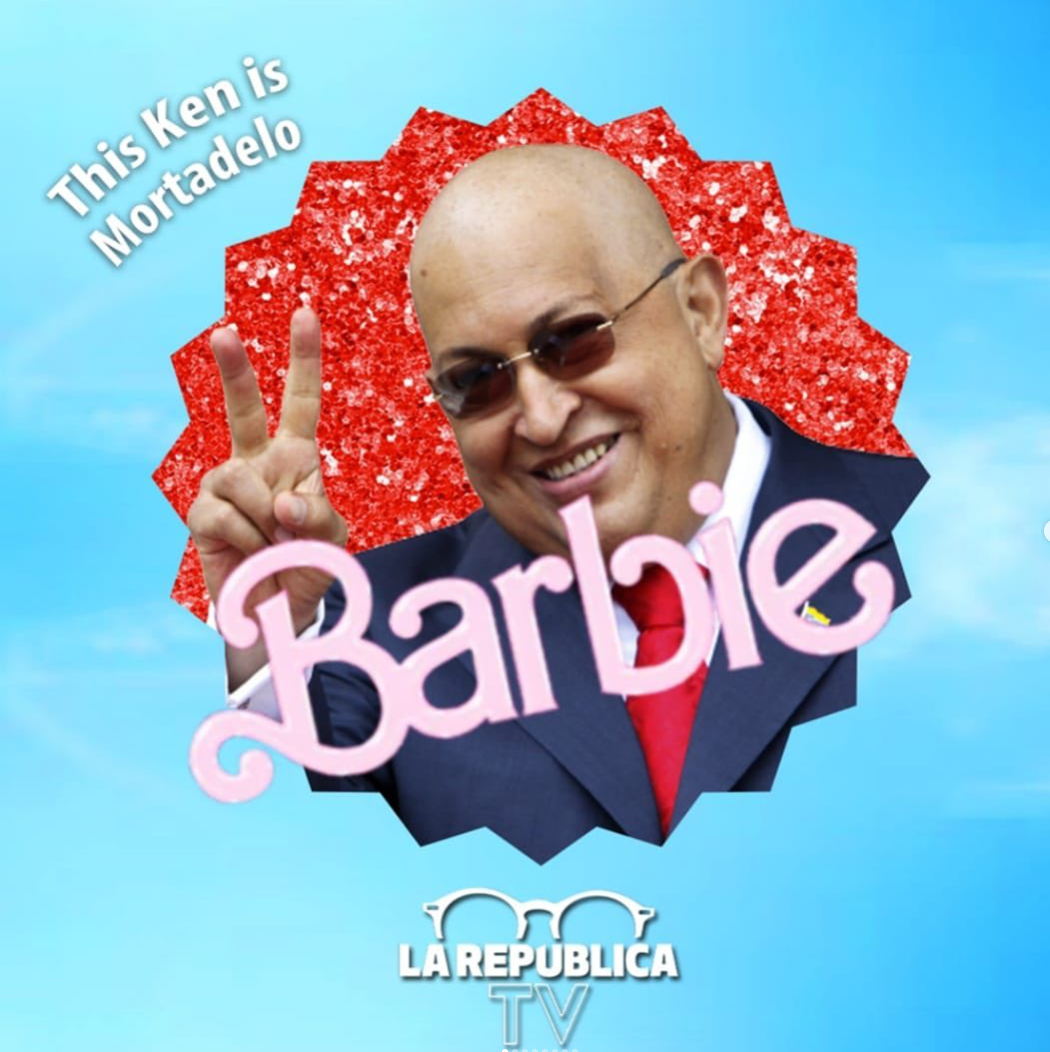 complicated to enter or it is too expensive. This impacts young people’s interest in political affairs. And when it comes to consuming information they prefer funny formats on Instagram. So, La Republica TV uses those formats, like memes, tiktoks and reels, to reach them with political content.”
complicated to enter or it is too expensive. This impacts young people’s interest in political affairs. And when it comes to consuming information they prefer funny formats on Instagram. So, La Republica TV uses those formats, like memes, tiktoks and reels, to reach them with political content.”
This strategy proves to be effective because after starting from scratch in 2020, the Instagram account now has close to 7000 followers, and in July they reached more than 122,000 accounts with nearly 5000 interactions. Almost 70% of the people who see and share the content are young, between 18 and 34 years old.
“We are connecting young people to public affairs, and the electoral and political process and human rights situation in Venezuela,” says Ayrton.
Participation through debate
“Our mission is to get young people involved in politics, using creative new formats. We want to demonstrate that if we use different forms to communicate, we can obtain results and increase young people’s participation.”
“This is why we also organised a public debate between opposition candidates last July 12th in Caracas. This is our biggest achievement so far. We were recognised by civil society and politicians as an important actor and event to connect with the young population. More than 220,000 followed the debate through online platforms. Around 500 attended the debate physically in the room.”
“During the debate, the young people had the opportunity to ask questions to the candidates. They were able to address issues that concern them specifically. Now we are receiving other offers to bring the debate to other cities in Venezuela, and we are known as the organisation to go to to connect with a younger audience.”
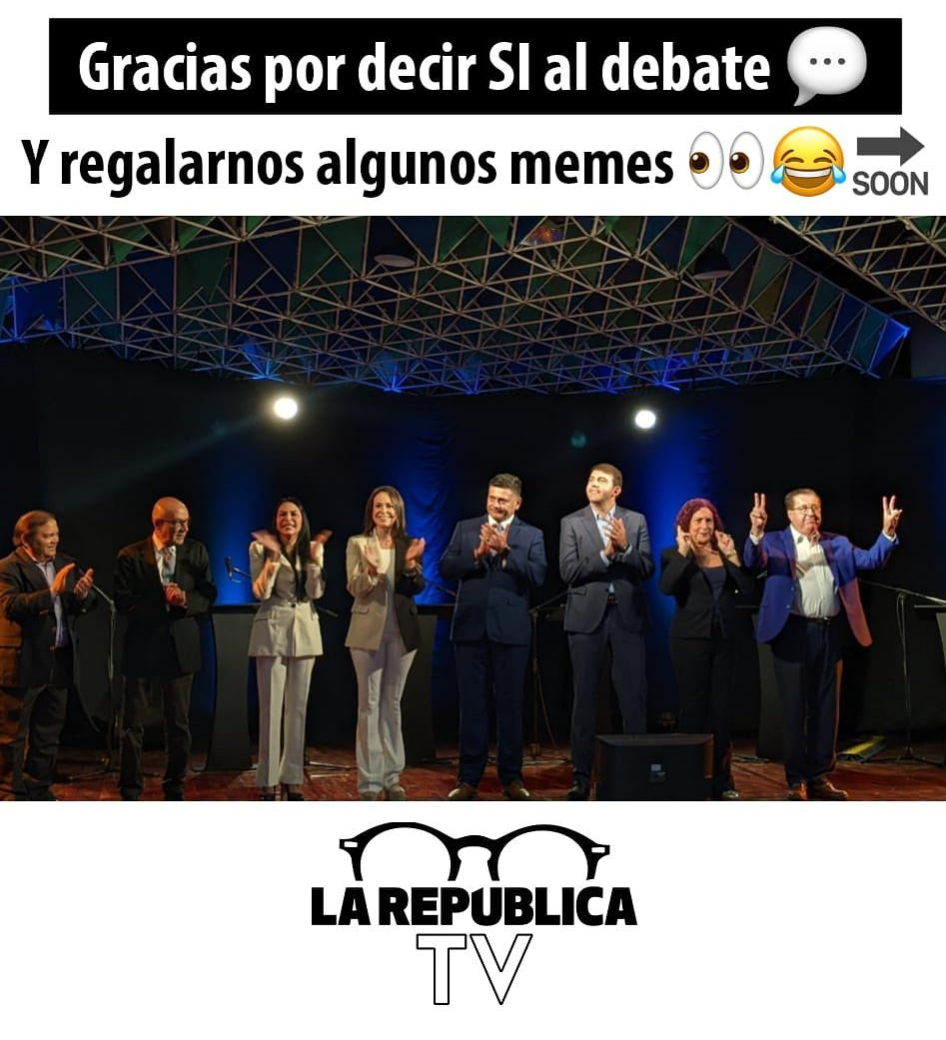
Dealing with challenges
La Republica TV makes memes about the political situation, and that includes the behavior of the opposition leaders and the regime leaders. Fortunately, and maybe surprisingly in a repressive country like Venezuela, they have not had any issues with the regime so far. The opposition responds positively, and shares the memes in their Instagram stories. They recognise it as a way of connecting with a younger audience.
Challenges come in the form of remaining sustainable as an organisation, Ayrton tells us. “All members of our staff, including me, have more than three jobs to survive in Venezuela. Sometimes that affects us because we don’t have time for certain meetings for La Republica TV because we need to be at another job. We could use support in increasing the incentives for our staff because that brings the possibility for them to dedicate more hours to the organisation.

Collaboration is vital
In order to sustain, collaboration is vital, Ayrton says. “We are so glad we had the opportunity to work together with Free Press Unlimited. Together we were able to build the different chapters in the regions. Now we continue with building on that network around the country. Thanks to the work last year we have inspired coordinators who believe in our work in different states throughout Venezuela. They give workshops for us and spread the message.”
He continues: “Independent media need to work together for protection, security and to increase the impact of their work. When you build a team, you can do amazing things, like the debate where we worked with other independent media of Venezuela. Your partners complete you. I think that is very important in the midst of a restrictive context like we have in Venezuela, where the independent press is attacked. You need others to raise their voice when you become victim of attacks for doing your work. Keep working together is the most important thing.”
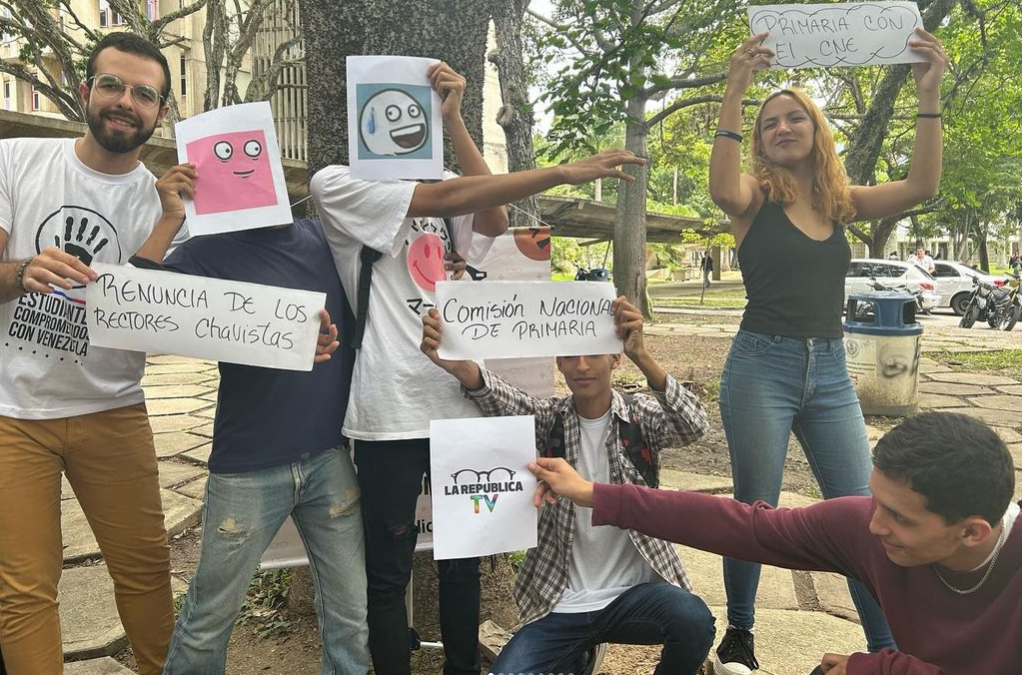
Keep believing
Despite the difficulties and hard work, Ayrton and his colleagues keep believing in this project. “We have grown from just an Instagram account into a young movement that promotes access to information. When I walk on the street sometimes someone recognises me and says, ‘hey the man of the memes, thank you for your work.’ That makes me very happy and strengthens my belief that we are doing necessary work in Venezuela.”
Ayrton does think that the memes are not a replacement of the news. “I see the memes as a way to appeal the younger audience to the news. It can help independent media. For example, when a journalist reported on a law, we read it completely, select the most important things, and make it into memes. The memes spike the interest of our young followers, who realise that that information is important for them, and then they can click though to the rest of the information which is provided by the news.”
He concludes: “I believe information is a power for the population. And now in the middle of censorship and attacks on the press, we need to continue to improve on how we are informing the Venezuelan people inside the country and outside the country. We try to reach and connect everyone.”
